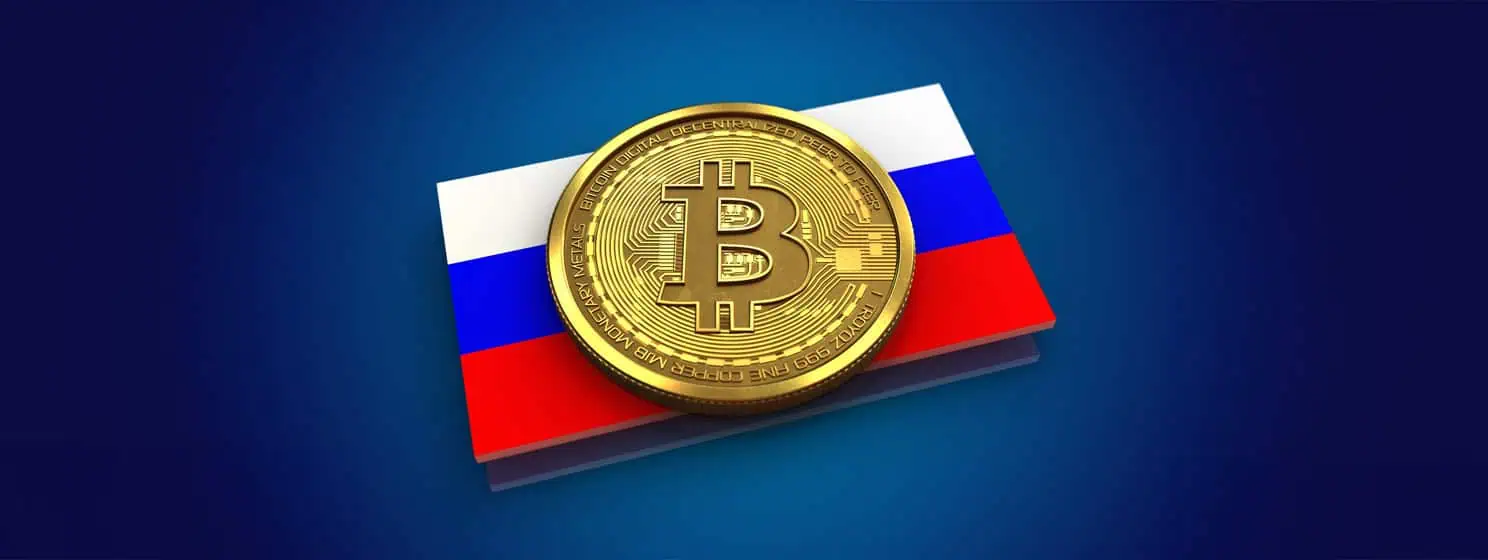|
Getting your Trinity Audio player ready...
|
At the Eastern Economic Forum in Vladivostok on September 5, Russian Energy Minister Sergei Tsivilev said the Ministry he oversees is ready to allow digital currency miners to access surplus energy.
Delving deeper, Tsivelev said that while fostering the mining industry is not a priority for the Russian government, it would be “beneficial” if miners had access to its surplus energy. He emphasized the surplus part, noting that other Russian energy needs would be prioritized. Eligible miners must be legal, pay taxes, and be on a Russian government-curated registry.
It’s yet more evidence of the nation’s pivot towards the industry after its new mining regulations passed in July 2023. These rules allow the government to regulate the mining industry more closely, including banning them from operating in certain regions.
However, Moscow has been unwilling to fully back the industry, knowing that several Russian regions have complained about miners straining their power grids.
Russian miners only?
While he didn’t say so explicitly, Tsivilev will surely have been aware that most large, international miners would be reluctant to deal with Russia in light of U.S. sanctions.
After it invaded Ukraine in February 2022, Western nations pivoted away from Russian energy, and the United States leveled extensive sanctions against the country. It’s unlikely that miners like Marathon Digital (NASDAQ: MARA) or Riot Blockchain (NASDAQ: RIOT) will set up shops in some Siberian provinces to get cheap surplus energy.
So, who will benefit? In short; cowboy miners, and it will be difficult for them to sell any coins mined using Russian energy on liquid exchanges subject to international legal systems. Even the biggest exchanges that once believed they were beyond the reach of the law have been humbled in recent years.
Unless…there’s a buyer lined up with a powerful motive to look for a way around U.S.-dollar-denominated payments.
Why would Russia do this?
Why would one of the world’s most powerful countries embrace the digital currency mining industry and offer an olive branch to the same miners many in Russia have railed against?
It’s not far-fetched to think that Moscow is trying to facilitate demand for its energy to keep power stations profitable, to monetize its energy indirectly, or to create Bitcoin or other digital currency reserves for the Russian government. Chainalysis thinks the third possibility is true, calling Russia’s digital currency pivot legalized sanctions evasion.
Whatever the true motives may be, this will only cause governments in the United States, Europe, and elsewhere to view the mining industry with yet more suspicion and will likely cause them to attempt to track, trace, and blacklist Russian-mined coins. With a ledger that leaves a time-stamped record of everything, that won’t be too difficult.
Watch: Gorilla Pool provides end to end solution for ASIC mining

 07-05-2025
07-05-2025 





